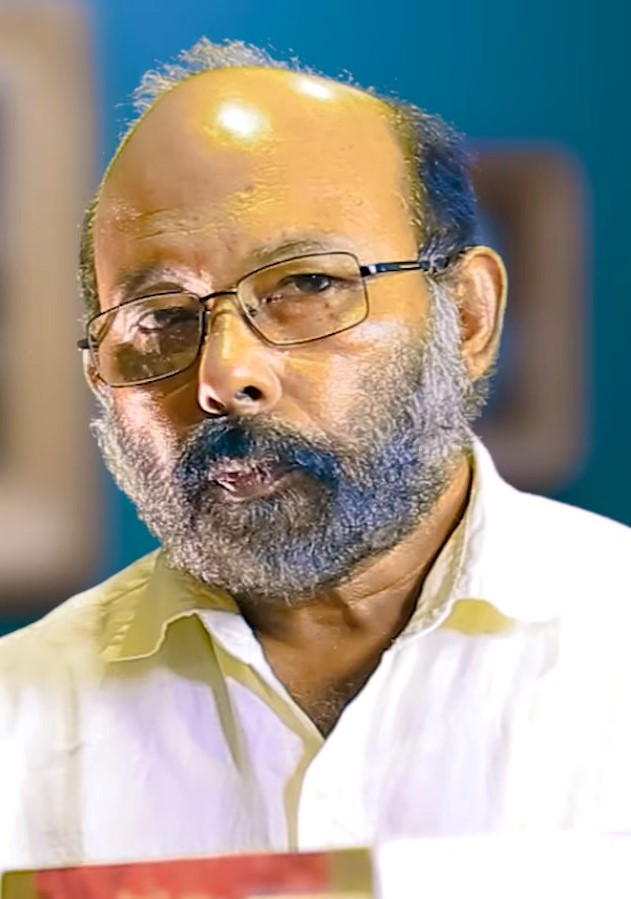ශාස්ත්රීය ප්රභාෂණය 2023
Research Symposium 2023
සංස්කෘතික අනන්යතාව සහ සිංහල භාෂා සාහිත්ය අධ්යයන - Cultural Identity and Sinhala Literary Studies
භාෂාව යනු සංස්කෘතියක පිළිබිඹුවයි. ලෝකය පුරා පැහැදිලිව පෙනෙන සංස්කෘතික විවිධතාව භාෂාවලට අනන්යතාවක් ලබාදෙයි. සංස්කෘතිය යනු සතතයෙන් වර්ධනය වන ප්රපංචයක් වන හෙයින් භාෂාව ද එයට අනුරූපව පරිණාමයට ලක්වෙයි. නූතන විද්යාත්මක පැහැදිලි කිරීම්වලට අනුව භාෂාවේ ආකෘතික ලක්ෂණ එම භාෂාව භාවිත කරන සංස්කෘතික කණ්ඩායම් ජීවත්වන පරිසරය සහ එමගින් හැඩ ගැන්වෙන චර්යාත්මක විවිධතාවලට සමාන්තර වෙයි. එහෙයින් භාෂාවක අනන්යතාව යනු සංස්කෘතික අනන්යතාවේ දර්ශකයයි. ඒ අරුතින් ගත් කල සිංහල භාෂාව හා එහි නිර්මාණාත්මක භාවිතය වන සාහිත්ය මෙන්ම අවශේෂ කලාංග හා අස්පර්ශනීය උරුම ද සංස්කෘතික ප්රකාශන කාර්යයක නියැළෙයි. ශීඝ්රයෙන් වෙනස්වීම්වලට ලක්වන නොඉඳුල් පරිසර පද්ධතිය හා නූතන තාක්ෂණය නිසා පරිවර්තනය වන චර්යා රටා, භාෂාවක අනන්යතා ලක්ෂණ නිර්මාණය කරන අයුරු අධ්යයනය කිරීම පර්යේෂණාත්මක නිමිත්තකි. ඒ සඳහා මංපෙත් විවර කෙරෙන විෂයානුබද්ධ ශාස්ත්රීය සංකථනයක නියැළීම මෙම ශාස්ත්රීය ප්රභාෂණයේ අධ්යාශයයි.
Language is the reflection of culture. The cultural diversity evident throughout the world gives languages their identity. As culture is a continuously growing phenomenon, language also evolves accordingly. According to modern scientific explanations, the structural characteristics of language align with the environment in which the cultural groups using that language live and the behavioural diversity shaped by it. Therefore, the identity of a language is the indicator of cultural identity. In that sense, the Sinhala language and its creative use of literature as well as residual arts and intangible heritage, are engaged in cultural expression. It is an experimental purpose to study how the changing behaviour patterns due to the rapidly changing ecosystem and modern technology create the characteristics of identity of a language. This scholarly symposium aims to engage in a subject-oriented academic conversation that paves the way for such research.
Keynote Speaker

